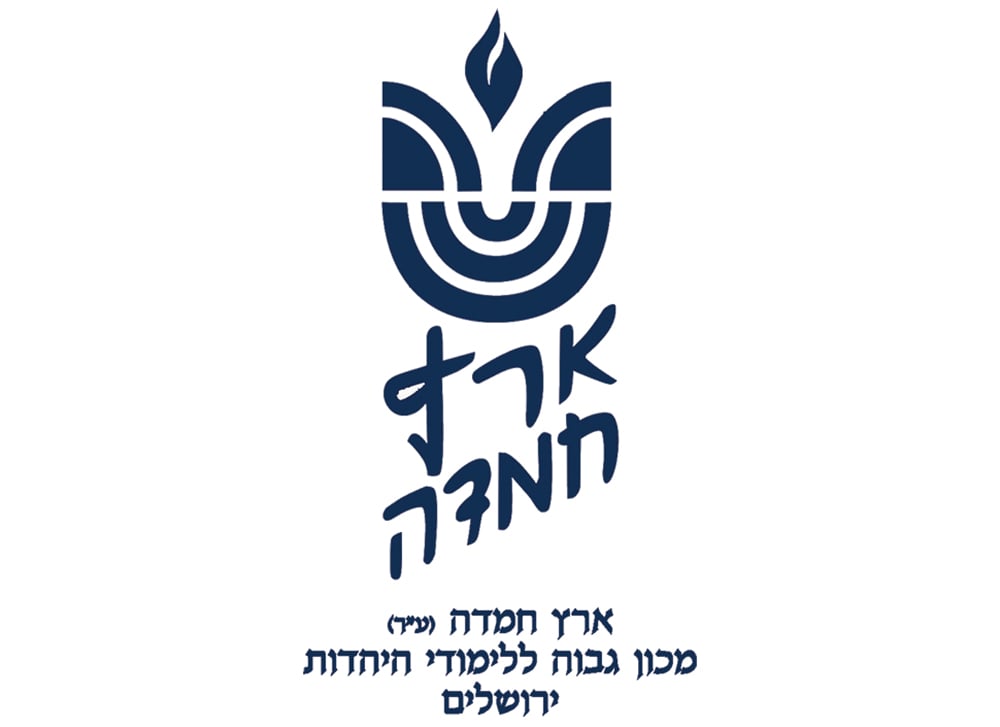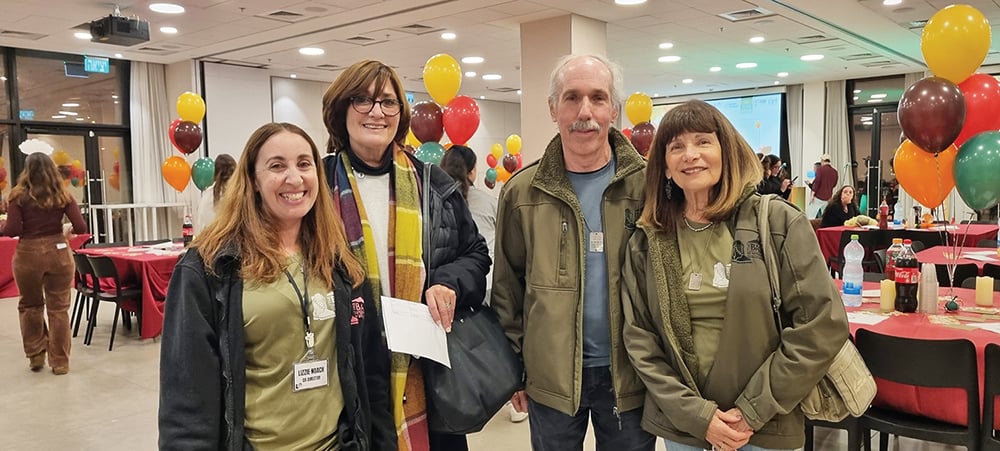
לעילוי נשמת
יואל אפרים בן אברהם עוזיאל זלצמן ז”ל
Question: I was not sure if during Birkat Hamazon (BHMZ) after seuda shlishit, I said R’tzei V’hachalitzenu or not. Should I have repeated BHMZ?
Answer: The rule is that one who forgets R’tzei in BHMZ on Shabbat must repeat BHMZ (Berachot 49b). Is that also true for one who is unsure (safek) if he recited it? On one hand, the requirement to mention Shabbat in BHMZ is only Rabbinic, making it logical to apply safek berachot l’hakel (we may be lenient) when t there is a safek whether one said R’tzei. Indeed, regarding one who is unsure whether he recited Ya’aleh v’Yavo (YVY) on Rosh Chodesh, the Rama (Orach Chayim 422:1) invokes safek berachot l’hakel. However, the Mishna Berura (288:16) points out that the consensus of Acharonim rejects his opinion because we can presume he left out YVY, as there is a chazaka that one who was not concentrating (a fair assumption about one who soon thereafter (see below) does not remember what he said) did not recite infrequent additions. This follows the precedent of a safek on what one said regarding rain-related recitations at the beginning of a “recitation season” (see Shulchan Aruch, OC 114:8).
Even if one does not accept the Rama, there are a few reasons to not repeat BHMZ in a case of safek if he said R’tzei (see Yabia Omer VII, OC 28):
- A weekly addition is not as easily forgotten as a monthly one.
- The different atmosphere of Shabbat makes it easier to remember R’tzei than YVY. 3. An extra tefilla done due to safek is not problematic (Berachot 21a), whereas for BHMZ, it is problematic. Indeed Rav Ovadia Yosef (Yabia Omer ibid.) rules not to repeat BHMZ in a safek if he recited R’tzei. On the other hand, Shemirat Shabbat K’hilchata (57:7) accepts the Mishna Berura that we should repeat BHMZ for a safek of missing R’tzei (if the doubt arises soon after he should have said it—see Mishna Berura 422:10).
However, there is an accepted reason not to repeat BHMZ in your case. The Gemara (Berachot 49b) says that one who forgets YVY in BHMZ of Rosh Chodesh, as opposed to Shabbat and Yom Tov, does not repeat <CT:OBLIQUE>BHMZ.<CT:> The difference is that on Shabbat, one must eat [enough bread to make BHMZ a necessity – Tosafot ad loc.], whereas on Rosh Chodesh, he need not. The Mishna Berura (188:26) explains that Chazal instituted that only for the special days when BHMZ is necessary are the additions to BHMZ for those days essential. Although some consider it a full obligation to have bread at seuda shlishit, other serious positions do not view it as a full requirement (see Shulchan Aruch, OC 291:5). Therefore, repeating BHMZ due to a forgotten R’tzei at seuda shlishit might be unwarranted, and one must not take that chance (Shulchan Aruch, OC 188:8; Mishna Berura ibid. 31; Shemirat Shabbat K’hilchata ibid.). According to most, this is true even for one who is always careful to eat bread at seuda shlishit because the fact that he always bentches is a personal decision, not an objective Shabbat obligation (see Shemirat Shabbat K’hilchata 57:(20)).
It is possible to do a type of repetition. The Gemara (ibid. a) says that for one who realized he left out the addition after finishing the third bracha but before starting the fourth, there is an independent bracha for each of the respective days to thank Hashem for giving us the day. The Gemara mentions this even regarding Rosh Chodesh, but leaves it as an unsolved question whether the bracha on Rosh Chodesh finishes with the Baruch ata Hashem … form. This bracha applies also to seuda shlishit, and since seuda shlishit is likely supposed to be a real meal, the Mishna Berura (Be’ur Halacha to 188:8) advocates finishing it with a bracha form. However, one would not do so if he bentches after nightfall, as it is a doubt whether the additions are called for then, and a separate bracha is therefore not warranted (Be’ur Halacha to 188:10). Regarding a case that he missed this cut-off point, some allow reciting R’tzei during the section of “Harachaman” recitations, but the stronger opinion is to not do so (see Rama, OC 188:7).
Rabbi Mann is a dayan for Eretz Hemdah and a staff member of Yeshiva University’s Gruss Kollel in Israel. He is a senior member of the Eretz Hemdah responder staff, editor of Hemdat Yamim and the author of “Living the Halachic Process Volumes 1 and 2” and “A Glimpse of Greatness.”













